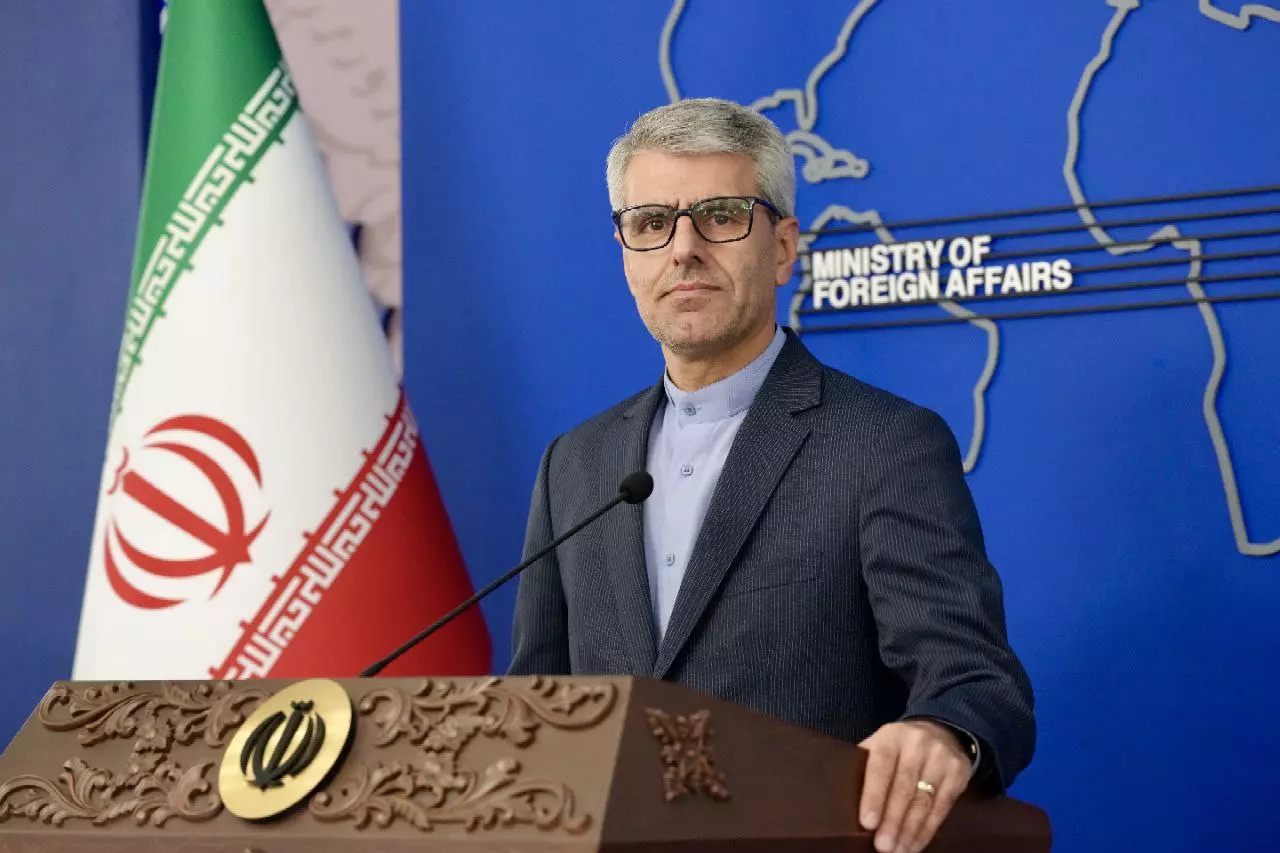Iran has said that it will deliver a proportionate and appropriate response if France, Britain and Germany, collectively known as the E3, trigger sanctions snapback mechanisms. The warning today made by Foreign Ministry spokesman Esmaeil Baghaei at a weekly press conference in Tehran. It came after the E3 threatened to reinstate international sanctions over Iran’s nuclear activities.
Sanctions snapback mechanisms are legal provisions, often found in international agreements, that allow for the automatic re-imposition of previously lifted sanctions if a party fails to comply with the terms of the agreement.
Denouncing the E3 threat as politically motivated and lacking legal and moral standing, Baghaei said Iran still considers itself a member of the 2015 nuclear deal, formally known as the Joint Comprehensive Plan of Action (JCPOA). He added that the E3 have violated their own JCPOA obligations and using the mechanism has no topicality given the recent Israeli-US attacks on Iranian nuclear facilities.
Baghaei ruled out resuming nuclear talks between Iran and the United States until the effectiveness of diplomacy and the negotiation process is assured.
Between April 12 and May 23, Iran and the United States held five rounds of indirect talks on Tehran’s nuclear program and the removal of US sanctions. The talks paused as two days before the sixth round, which was scheduled to take place in Oman’s capital city of Muscat on June 15, Israel launched major airstrikes. The Israeli airstrics hit several areas in Iran, including nuclear and military sites, killing senior commanders, nuclear scientists, and civilians. Iran responded with multiple waves of missile and drone attacks on Israel.
On June 22, US forces bombed the three Iranian nuclear facilities of Natanz, Fordow, and Isfahan. In retaliation, Iran struck the US Al Udeid Air Base in Qatar. Following 12 days of war, a ceasefire between Iran and Israel was achieved on June 24.








